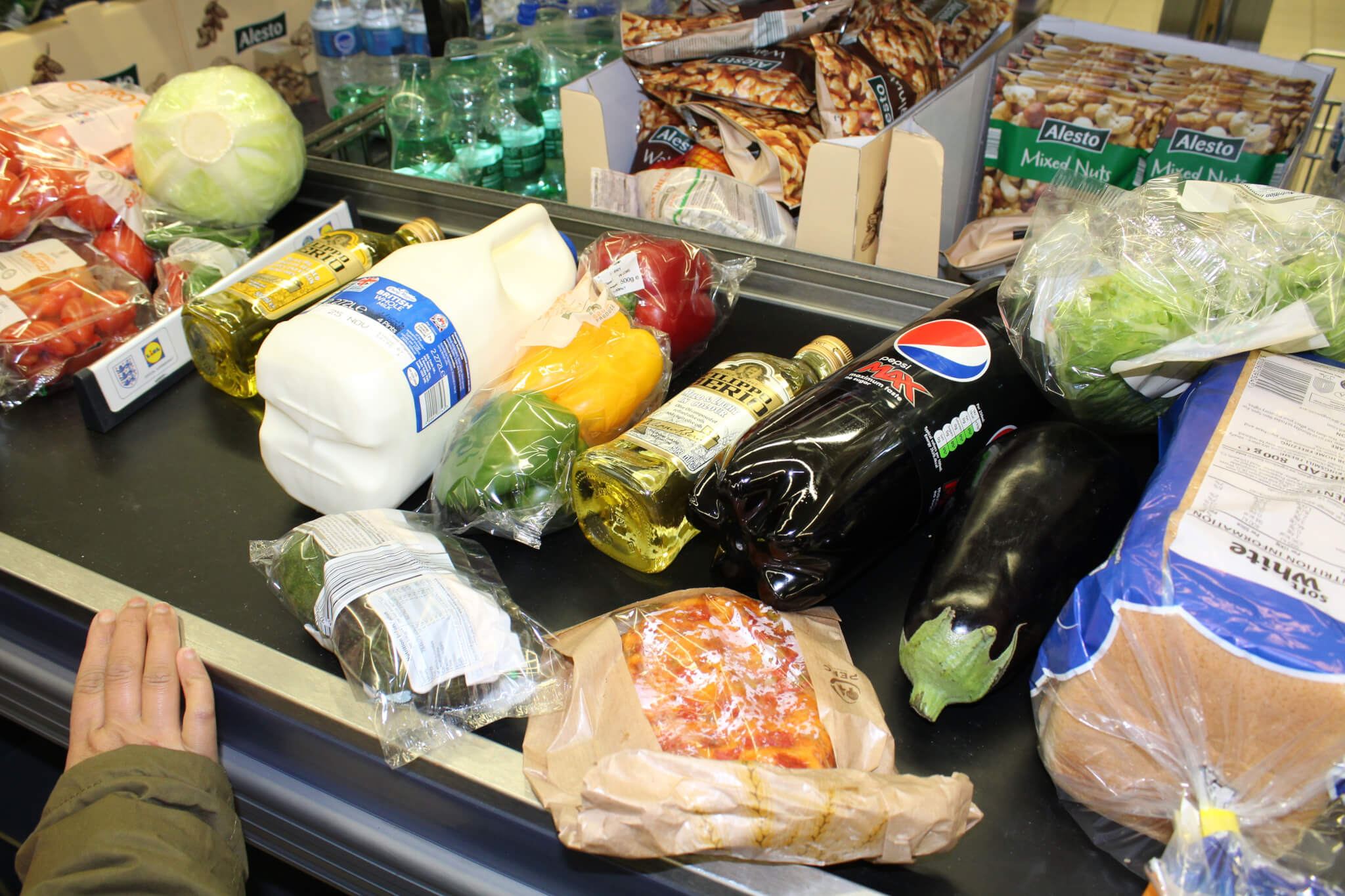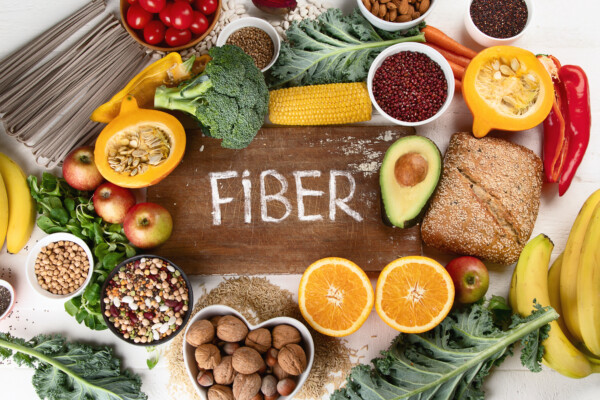
(Credit: ViDI Studio/Shutterstock)
WEST LAFAYETTE, Ind. — Food prices have surged in recent years, and we have yet to see a decline. Many Americans heading to the grocery store every week would agree with this. In fact, a recent survey found most U.S. consumers predict that they'll see even more price increases over the next year.
The survey-based report from Purdue University’s Center for Food Demand Analysis and Sustainability (CFDAS) assessed food spending, consumer satisfaction and values, support of agricultural and food policies, and trust in information sources. Purdue researchers included 1,200 consumers from across the country and found that 64% predict food prices will climb even higher over the next 12 months, with shoppers predicting an average price hike of 3.7% on the items they buy.
“Even though food inflation has cooled significantly since then, dropping to 2.6% this month, inflation remains positive,” says the report’s lead author, Joseph Balagtas, a professor of Agricultural Economics at Purdue and director of CFDAS, in a media release. “Consumers, on average, are predicting food price inflation to rise a bit in the coming year.”
Methodology
This February survey examined consumer expectations for food prices and how they relate to other consumer thoughts, behaviors, and characteristics. Consumer responses were split into two groups: those who predicted food prices would go down or stay the same in the coming year and those who predicted prices would go up. The team also examined political affiliation and trust differences between two media sources that typically disagree on partisan issues, like CNN and Fox News.
Study Results
Of the self-identified Republicans, 71% predict that prices will rise, while just 56% of self-identified Democrats said the same. Among Fox News viewers, 67% expect an increase in prices, while only 53% of CNN viewers see more inflation coming. Researchers say this makes sense since many people who consider themselves as more right-wing typically think that rising food prices are the result of Democratic policies.
“It seems our political leanings color our perceptions of the food economy,” says Balagtas.
“We don’t observe in our data what price expectations would be for Republicans and Democrats under a Republican administration,” the researcher continues. “But our finding is consistent with other research that indeed finds partisan bias in inflation expectations and perceptions of the economy.”

Moreover, the team found that food price expectations are also related to food values. Since they began tracking food values back in January 2022, consumers consistently put taste and affordability at the top of the list of most important food values, which ranked two to three times more important than environmental impact and social responsibility. Those predicting price hikes seem to value affordability slightly higher and environmental and social responsibility a little lower than those who think prices will go down.
“One interesting result is the importance of affordability to those who predict food prices will go up,” says Balagtas. “It makes sense that people who expect prices to rise would also key in on the importance of food affordability.”
During this study, the most recent Consumer Price Index measure of yearly inflation for groceries was 1.2% in January 2024, per the Bureau of Labor Statistics. For eating out, it was a staggering 5.1%. Since March 2022, the survey has asked participants how frequently they have eaten meals from restaurants, fast food places, or carry out in the last seven days.
“There has been a slight downward trend in the average number of FAFH meals eaten since May and June 2023, when food-away-from-home and food at home inflation began to really diverge,” says Elijah Bryant, a survey research analyst at CFDAS and co-author of the report. “As the cost of eating out continues to grow at a faster rate than groceries, we are seeing consumers eating out less and cooking at home more.”
These trends are interesting, as there's been a long-held belief that eating out is cheaper and more convenient than grocery shopping and cooking at home. Many people describe this as a barrier to their healthy eating, but now we are seeing that it's actually more expensive to eat out nowadays. Things are definitely changing, and Americans are noticing.
Even the U.S. Department of Agriculture (USDA) thinks eating out will just continue to get more expensive. They think that food-away-from-home prices will increase by 5% and food-at-home prices by just 1.6%. The team also estimated that food insecurity was sitting at 12.4% in February, down 0.8% from January.
“Aggregating all 26 months of data, we see Supplemental Nutrition Assistance Program (SNAP) participants are less likely to predict rising food prices (59%) than nonparticipants (64%),” notes Bryant. “Interestingly, it seems those less reliant on federal food assistance are more pessimistic about food prices in the coming year.”
Takeaways
Food and policy have always been quite tightly linked. From our nutrition guidelines to food prices and lots of inner workings in between. For the last few years after the pandemic, more and more Americans have been paying attention to politics as it relates to increases in their grocery bills.
People are realizing that their favorite chips that were once $2.50 are now $4.00. They're seeing simple foods like eggs become less and less of a financially “safe” option. They are noticing their go-to fast food chain has reached record-high prices. Consumers are worried but also feel they can't do much about it and that the problem is way out of their hands. It isn't just the food going up, either. Rent, home interest rates, gas, and electricity are all making Americans hold their wallets tighter. It will be interesting to see how trends continue to evolve.










